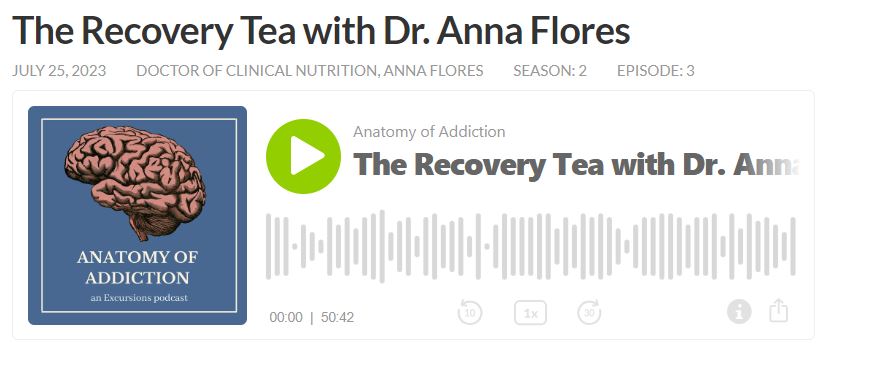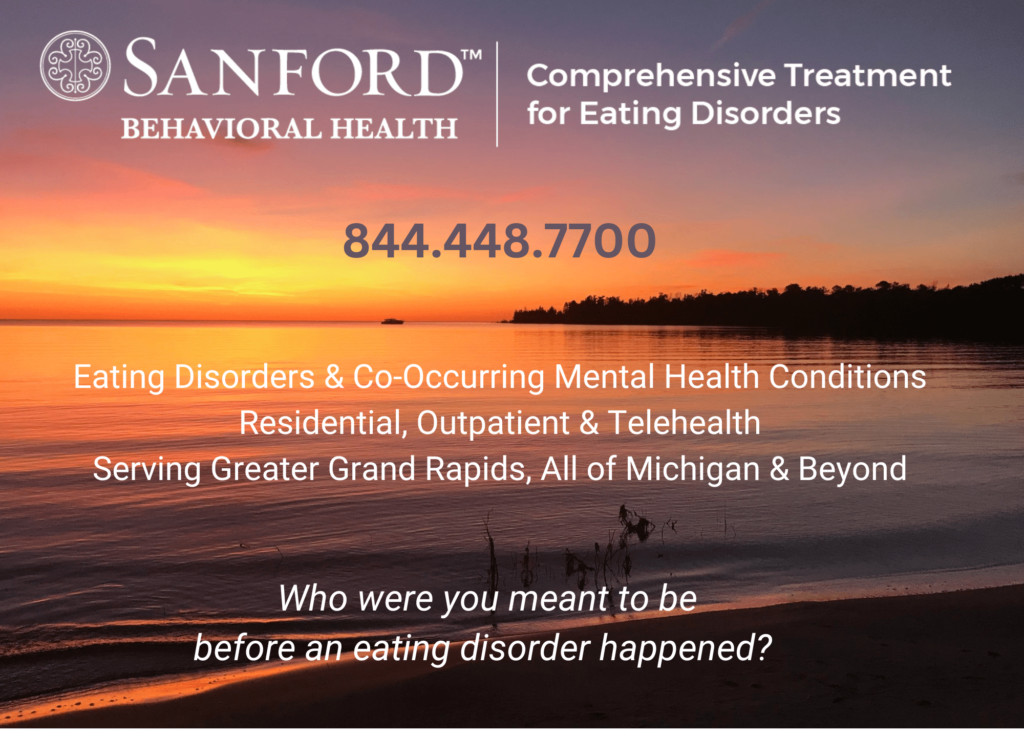DBT, Eating Disorders & Tools to Thrive with Dr. Anna Flores

DBT teaches realistic, helpful tools to thrive.
Dialectical behavior therapy (DBT) is a type of psychotherapy adapted for people who experience intense (often negative) emotions. DBT effectively treats various mental health conditions, including borderline personality disorder, eating disorders, PTSD, substance use disorders, depression, and anxiety. Developed in the 1970s by Marsha Linehan, “dialectical” means combining opposite ideas. DBT focuses on accepting reality while helping people change their lives and behaviors. At Sanford Comprehensive Treatment for Eating Disorders (Sanford CTED), we have DBT specialists on staff.
DBT and Eating Disorder Treatment
Today on the Recovery Tea Podcast, Sanford Behavioral Health’s Dr. Anna Flores chats with DBT specialists from Wise Practice about their work with dialectical behavior therapy and its connection to eating disorders and other mental health conditions. Jill Polisano, CTRS, McKenzie Luker, CTRS, and Anna Flores, Doctor of Clinical Nutrition, discuss:
- Who is appropriate for DBT
- Distress tolerance, emotion regulation, interpersonal effectiveness, and mindfulness skill building
- The connection between DBT and eating disorders
- Realistic, helpful tools to thrive
- The synthesis between acceptance and change
- The TIP scale (temperature, intense exercise, pace breathing)
- And more
“The goal is to create a life that feels worth living – feels good to be in. We are teaching you the tools to help yourself. You are with us for a time, and then you are out in the community using your skills and thriving!” McKenzie Luker, CTRS
“I get excited that one of the key concepts is the synthesis between acceptance and change – not one or the other. Acceptance of my life as it is and not as it is supposed to be, and the need to change despite that reality and because of it.” Jill Polisano, CTRS

Dr. Anna Flores, Sanford Comprehensive Treatment for Eating Disorders, McKenzie Luker, CTRS, and Jill Polisano, CTRS, Wise Practice Troy, Michigan
Click the link below for the 50-minute discussion (or find us wherever you get your favorite podcasts):




